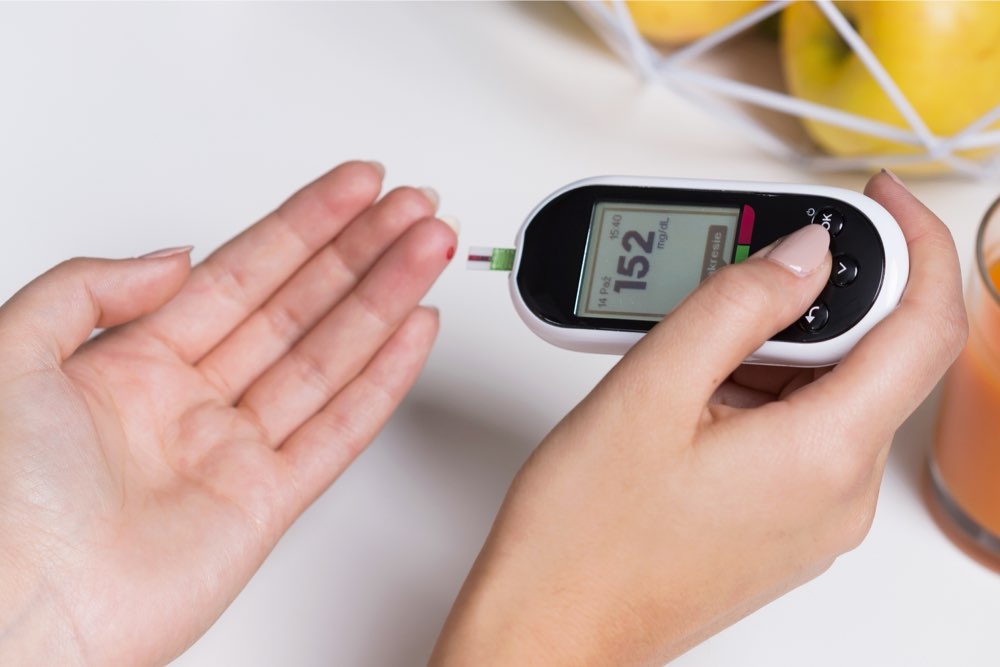Comprehensive Guide to Effectively Managing Blood Glucose Levels for Better Health
This comprehensive guide provides essential insights into managing blood glucose levels effectively. It explores common causes, prevention strategies, and practical lifestyle tips on diet, exercise, and medication adherence. Whether you're diabetic or aiming to prevent it, these expert recommendations help optimize blood sugar control for better health and vitality.

Comprehensive Guide to Effectively Managing Blood Glucose Levels for Better Health
In today’s fast-paced world, an increasing number of individuals are grappling with the challenges posed by blood sugar management, particularly those diagnosed with diabetes. Diabetes is a metabolic disorder characterized by elevated blood glucose levels resulting from the body's inability to produce sufficient insulin or effectively utilize it. Proper blood glucose regulation is essential not only for diabetic patients but also for individuals aiming to prevent the onset of this chronic condition. This extensive guide delves into the causes, prevention strategies, and practical tips for maintaining healthy blood sugar levels, empowering you to take control of your health.
The modern lifestyle, marked by stress, unhealthy dietary choices, and limited physical activity, significantly contributes to spikes in blood sugar. It is crucial to understand the factors that influence blood glucose and adopt lifestyle modifications that facilitate better control. Advances in medical research and treatment options now offer more effective management strategies, making it easier than ever to maintain stable blood sugar levels. Whether you are a diabetic or simply interested in health maintenance, this comprehensive information will serve as a valuable resource.
Understanding Factors That Influence Blood Sugar Levels
Managing blood glucose effectively requires awareness of the various factors that can cause fluctuations. Common triggers include:
Stress or illnesses that increase cortisol and adrenaline, hormones that raise blood sugar levels.
Irregular medication schedules, missed doses of insulin or oral hypoglycemics, which can lead to uncontrolled blood sugar.
Consumption of carbohydrate-dense foods such as bread, rice, cereals, fruits, dairy products, desserts, and pasta. These foods can cause rapid increases in blood glucose if not properly managed.
Persistent infections that elevate metabolic demands, subsequently raising blood sugar levels.
Sedentary lifestyle habits that reduce calorie expenditure, contributing to insulin resistance.
Engaging in strenuous physical activity without proper insulin management, which may result in hypoglycemia or hyperglycemia.
Understanding these causes enables diabetics and health-conscious individuals to adopt preemptive strategies to manage blood sugar effectively. Prevention and early management can stave off complications associated with long-term hyperglycemia.Maintaining optimal blood sugar levels isn’t merely about medication adherence; it also involves lifestyle discipline. A balanced approach combining healthy eating, regular exercise, stress management, and routine healthcare consultations can make a significant difference in overall health outcomes. Always consult healthcare professionals before implementing any major changes to your health routine, ensuring personalized guidance tailored to your specific needs.
Practical Tips for Better Blood Glucose Control
Consistently eat meals at regular intervals to avoid blood sugar spikes. Skipping breakfast or other meals prompts the liver to release stored glucose into the bloodstream, resulting in unnecessary elevations.
Use diabetic-friendly meal replacement shakes and bars during busy days or when traveling to ensure consistent energy levels and glycemic control.
Incorporate natural insulin-sensitizing ingredients such as cinnamon into your diet to enhance insulin response and stabilize blood sugar.
Maintain adequate hydration with calorie-free drinks like water. Proper hydration helps prevent dehydration that can occur due to increased urination when blood sugar levels are high.
A diet rich in low-carb vegetables and fruits can significantly aid in blood sugar regulation. Incorporate foods like broccoli, carrots, avocados, berries, and tomatoes to diversify your meals while controlling carbohydrate intake effectively.Infusing water with slices of fruits or vegetables—such as lemon, cucumber, or berries—can add flavor without adding sugars, encouraging proper hydration and reducing cravings. Low-carb beverages like cinnamon-infused tea or lemon water are excellent choices for supporting healthy blood sugar levels. Additionally, including flaxseeds in your diet can improve glucose metabolism and offer other health benefits for those managing type 2 diabetes.
Consistent management of blood glucose levels promotes a healthier, more dynamic lifestyle. It reduces the risk of complications like nerve damage, kidney issues, and cardiovascular diseases, enabling individuals to lead more active and vibrant lives.





